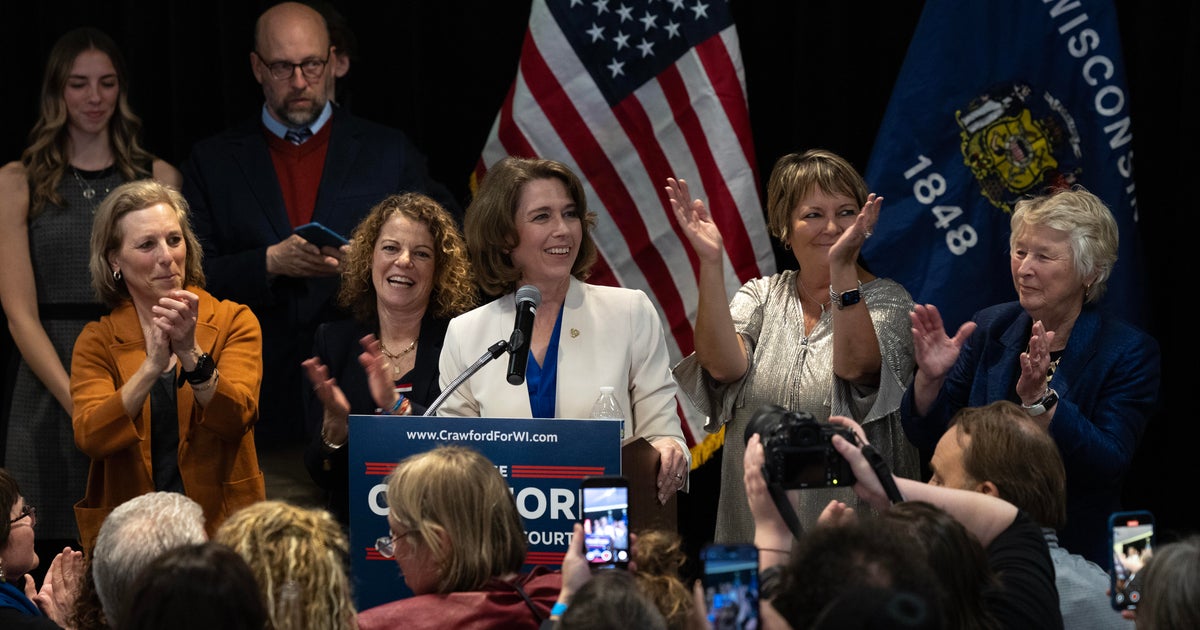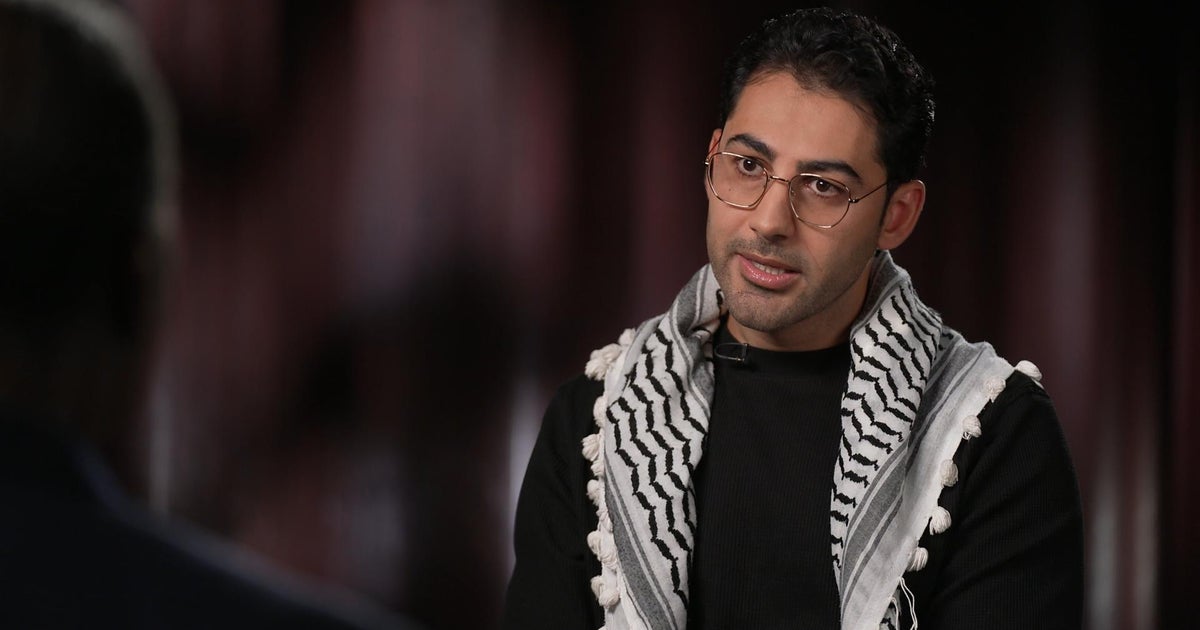To combat Chinese spying, the Trump administration is maintaining a Biden-era ban on U.S. government personnel stationed in China from having sexual relationships with local nationals, according to the Associated Press. In the process, it is shining a light on a practice called “honeypotting,” the age-old tactic of spying through seduction straight out of a “James Bond” film.
The ban went into effect during the waning days of the Biden administration in January, the AP reported last week, citing four sources. The new rule is stricter than the government’s typical post-Cold War policies, following years of rising tensions between the U.S. and China — but the intelligence technique that it seeks to stifle is anything but new.
The State Department declined to comment to CBS News.
“In the global game of espionage, seduction is one of the oldest tricks in the book,” CBS News national security contributor Samantha Vinograd told “CBS Mornings Plus” on Tuesday.
Vinograd, who served in national security roles in Washington and Baghdad for three presidents, called “honeypotting” — also known as “honeytrapping” — an “incredibly effective strategy” in spy agencies’ arsenal.
Foreign spies in search of information on a target government often “prey on individuals’ vulnerabilities” like loneliness or sexual desire, Vinograd said. And when people are stationed in a foreign country thousands of miles from family and friends, “they can be incredibly lonely and perhaps even more susceptible to exploitation and just not having their guards up.”
Vinograd said “‘honeypots’ can be incredibly sophisticated.” They strike up relationships with their targets online or at bars, learn about their personalities and vulnerabilities and “very subtly start to solicit information and to report that back to headquarters.”
For that reason, Vinograd said, the U.S. government has long required staff to disclose romantic relationships with foreign nationals. China, for its part, bans foreign ministry staffers from relationships with foreigners, according to the AP.
The government’s ban on relationships between staff at U.S. diplomatic posts in China and any Chinese citizens was quietly enacted earlier this year by former President Biden’s Ambassador to China, William Burns, according to the AP. It reportedly replaced a narrower rule that solely barred relationships between American staff and Chinese citizens who work at U.S. missions.
If an American staffer had a relationship with a Chinese citizen before the policy took effect, they could seek an exemption, the AP reported — but if they’re turned down, they’re required to choose between their posting and their relationship.
While the U.S. government has long vetted romantic relationships with certain foreign nationals, strict bans are unusual in the post-Cold War era, the AP reported last week. A similar policy banning personal relationships in the Soviet Union and China was in effect as recently as 1987, according to a declassified State Department memo cited by the AP.
“The Department does not wish to intrude into the private lives of its employees,” the memo read. “Nonetheless, all associations with foreign nationals must be considered in the context of your position as an official representative of the U.S. Government, not as a private citizen.”
Vinograd told “CBS Mornings Plus” the ban “really speaks to the sophistication of the Chinese intelligence services, and probably the effectiveness of “honeypots” in China in gaining access to U.S. government information.” The AP reported Chinese personnel are believed to have used the tactic, and new American staff in China are briefed on the issue.
Worries about espionage by China have circulated among U.S. officials for years, in tandem with military and economic tensions between the two countries. Federal prosecutors in the U.S. periodically charge people with spying or hacking on behalf of the Chinese government, allegedly targeting federal agencies, U.S. companies and critics of China.
Spurred by data security fears, Biden signed a law last year requiring TikTok’s China-based parent company to either sell the popular social media app or face a U.S. ban. President Trump has delayed enforcement of the law amid efforts to sell the platform.




